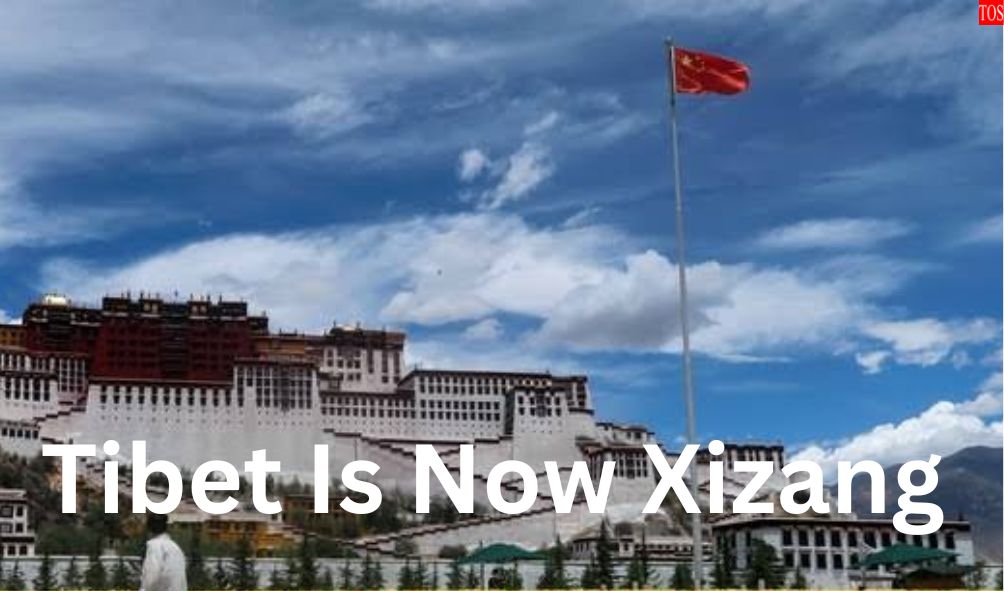Changes in China: Tibet Now Called ‘Xizang’ in Media Discussions

Chinese media is increasingly using ‘Xizang’ instead of ‘Tibet,’ coinciding with Beijing’s efforts to exert control over the region. Recent data indicates a white paper titled “CPC Policies on the Governance of Xizang in the New Era” as part of this change. ‘Xizang’ is the Mandarin script for ‘Tibet.’
Experts suggest this name change emphasizes Beijing’s sovereignty push and its strategy of ‘discourse power.’ Despite this shift, it’s expected to have minimal impact on how the international community refers to the region.
In response, the Tibetan government-in-exile accuses China of denying human rights and erasing Tibetan identity. The President of the government, Tenpu Tsering, criticizes the infliction of suffering by the CCP authorities, highlighting a surge in Chinese officials’ appointments in Tibetan areas.
This shift in terminology aligns with Beijing’s goal of creating a unified Chinese nation, aiming to strengthen national identity in minority regions. Experts note that this effort includes promoting Mandarin as the spoken language. The change in Tibet’s English name aligns with Beijing’s strategy to exercise ‘discourse power,’ influencing media discussions by insisting on Chinese terms and frameworks.
Despite these efforts, it remains to be seen how much impact this name change will have internationally. Previous calls for ‘Xizang’ as the official English name for Tibet aimed to reshape the region’s image. China’s use of ‘Xizang’ in official communications has been increasing, reflecting its concerted efforts to influence how Tibet is portrayed on the global stage.”


